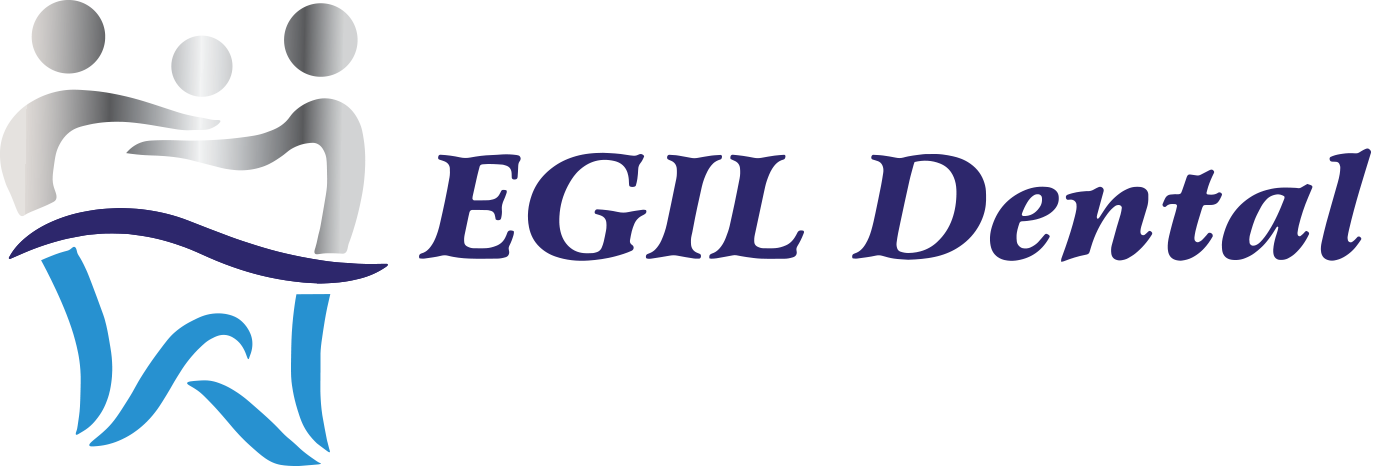Dental emergencies are never planned and can occur at any time. When unexpected dental problems arise, it is important to know what qualifies as a dental emergency and how to handle them. Dental emergencies differ from routine dental issues and require immediate attention from a qualified dentist or dental professional.
Common Dental Emergencies
1. Severe Toothache
A severe toothache can be excruciating and may signal an underlying issue, such as an abscess or infection. If the pain is persistent and worsens, it is essential to seek immediate dental care.
2. Broken or Chipped Tooth
A broken or chipped tooth can cause pain and lead to infection if left untreated. It is important to visit a dentist as soon as possible to prevent further damage and discuss possible treatment options.
3. Knocked-Out Tooth
If a tooth gets knocked out due to an accident or trauma, immediate action is crucial for the best chance of saving the tooth. Rinse it gently under running water if dirty, and try to reinsert it into the socket. If this is not possible, keep it moist by placing it in milk or saliva until you reach the dentist.
4. Lost Filling or Crown
When a filling or crown falls out, the affected tooth becomes vulnerable to further damage or decay. It is important to schedule an appointment with a dentist to replace the filling or crown to protect the tooth.
5. Gum Infection or Abscess
A gum infection or abscess can result in pain, swelling, or the presence of pus. It is crucial to seek immediate dental care as gum infections can spread and have serious consequences for overall oral health.
Less Common, but Still Serious, Dental Emergencies
1. Object Stuck Between Teeth
When an object gets lodged between your teeth, it can cause discomfort and potentially lead to further dental issues. Use dental floss to gently remove the object. Avoid using sharp or pointed objects that may cause injury.
2. Orthodontic Emergencies
Orthodontic emergencies, such as a broken bracket or wire, can cause discomfort and may require immediate attention from an orthodontist to prevent further damage or delays in treatment.
3. Dental Infection
Infections can occur in the mouth due to various reasons, and they require prompt dental care. Symptoms include pain, swelling, redness, and fever. Leaving a dental infection untreated can have serious health consequences beyond oral health.
4. Persistent Dry Socket
After tooth extraction, a dry socket occurs when the blood clot that should form in the socket dislodges or dissolves, exposing nerves and bone. A dry socket can cause intense pain and requires immediate attention from a dentist.
When to Contact an Emergency Dentist
In case of a dental emergency, it is crucial to contact an emergency dentist as soon as possible. They have the expertise and tools to handle emergencies effectively. Delaying treatment can lead to further complications and may require more extensive procedures.
If you are unsure whether your dental issue qualifies as an emergency, it is always best to err on the side of caution and seek professional advice. Many dental offices have emergency hotlines or after-hours services to assist patients in urgent need of dental care.
Conclusion
Knowing what qualifies as a dental emergency is important to ensure prompt treatment and alleviate pain and discomfort. Severe toothaches, broken teeth, knocked-out teeth, lost fillings or crowns, gum infections or abscesses, and other serious conditions require immediate attention from a dental professional. It is better to contact an emergency dentist promptly rather than risk complications or worsening the condition.
Remember, prevention is always better than cure. Maintaining good oral hygiene, attending regular dental check-ups, and following preventive dental care guidelines can help minimize the risk of dental emergencies. However, accidents and unforeseen circumstances may still occur. In such cases, seek emergency dental care without delay for the most effective treatment and resolution of your dental emergency.

